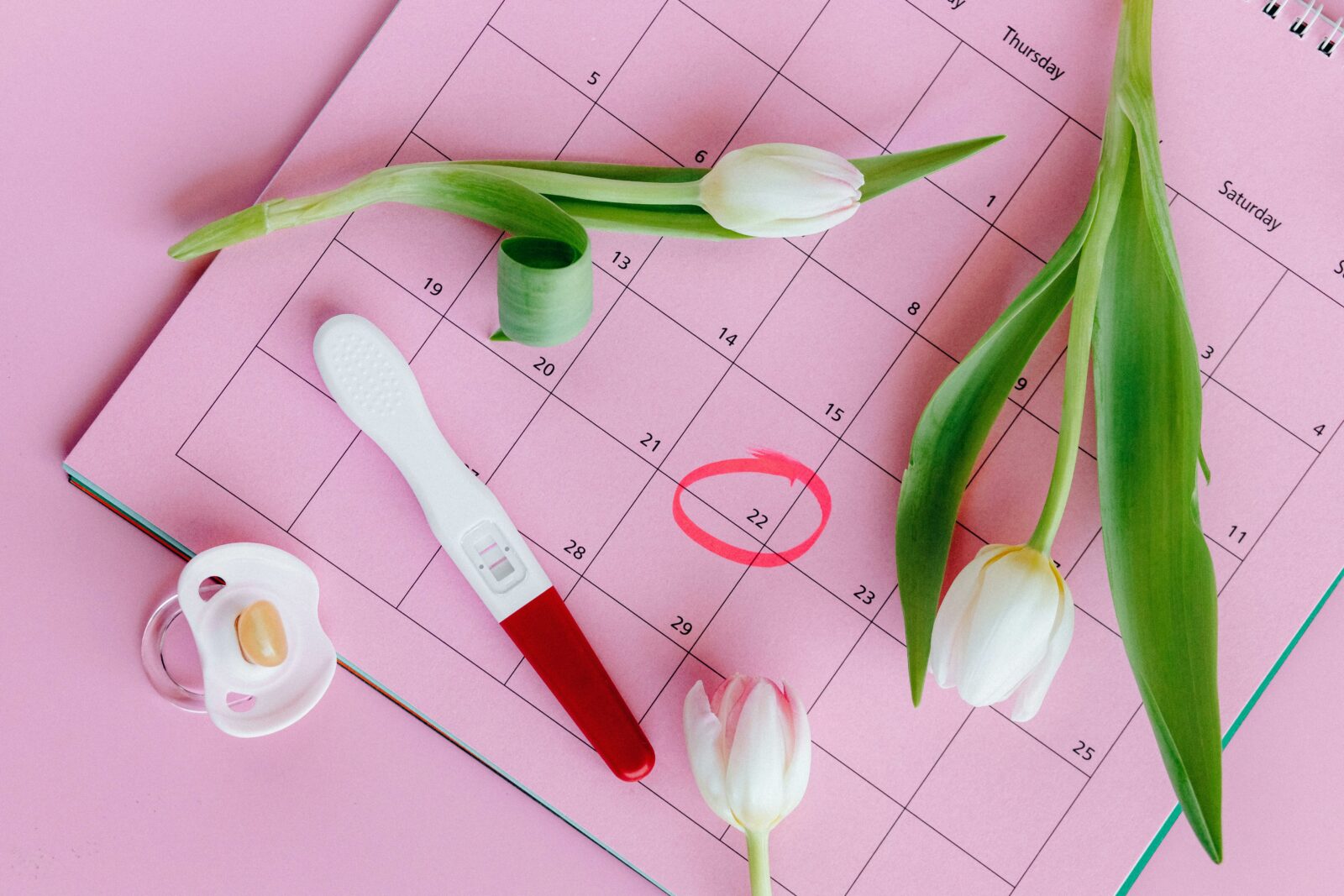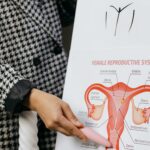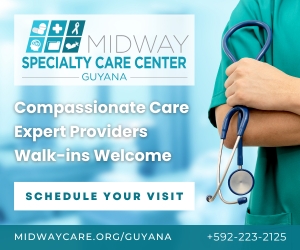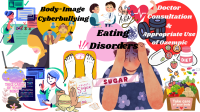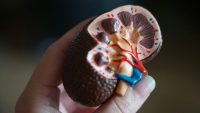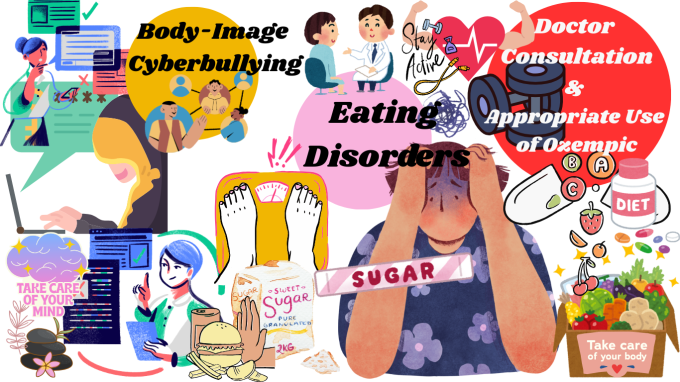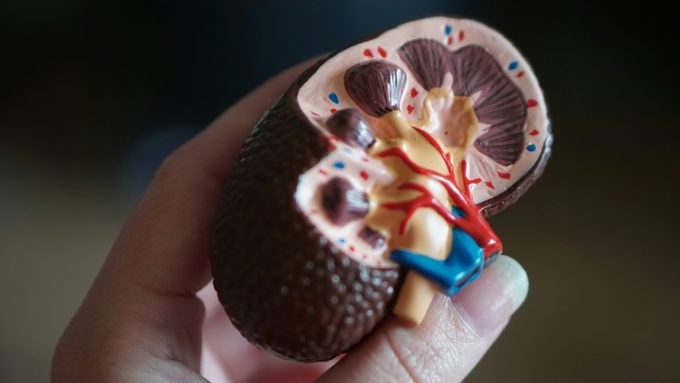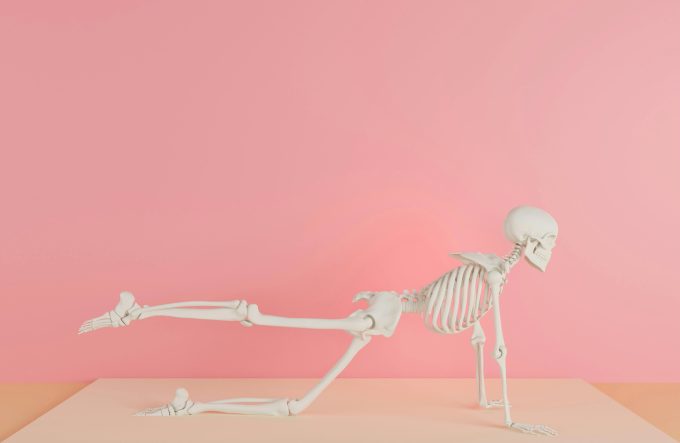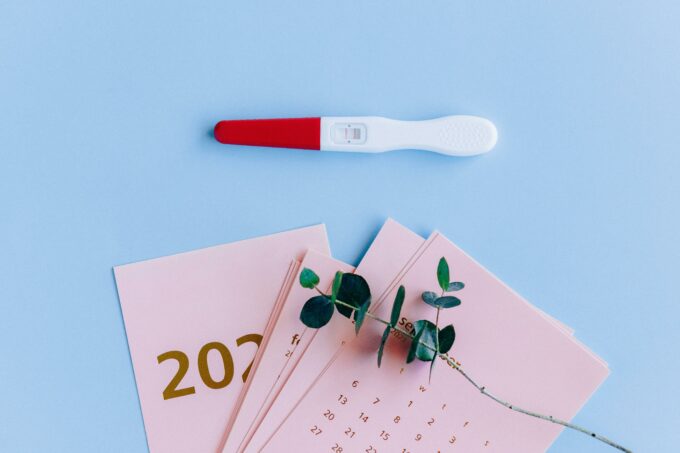It’s not just in your head—it’s in your hormones.
From the moment a girl first feels those unexplained mood swings, strange new curves, or monthly discomforts, something powerful is at play. In clinics across Guyana, girls and women walk in every day asking the same questions: Why is my period irregular? Why am I gaining weight so quickly? Why do I feel so tired all the time?
The answer, more often than not, lies in a mysterious, silent force within: hormones. Whether you’re a teen confused about sudden acne, a new mom navigating emotional ups and downs, a lady struggling with facial hair, or a woman in her 40s wondering why her body feels unfamiliar—your hormones are speaking. The trick is learning how to listen.
So… What Exactly Are Hormones?
Hormones are your body’s messengers. They travel through your bloodstream, guiding everything from your growth and sleep to your emotions and fertility. These chemical signals—especially estrogen, progesterone, and a small amount of testosterone—are central to what makes you biologically female. They shape your journey through puberty, periods, pregnancy, and menopause.
Let’s walk through that journey.
The Teen Years – The Beginning of the Hormonal Rollercoaster
Around ages 8 to 13, most girls in Guyana begin puberty. Estrogen and progesterone levels rise, triggering a cascade of changes: budding breasts, hair in new places, hips widening, a new body shape—and yes, often, emotional ups and downs.
Then comes menarche—a girl’s first period. It’s a powerful milestone, but it can come with confusion, cramps, and changes in mood. Periods may be irregular at first, lasting 3–7 days and repeating every 21–45 days. It’s important to understand: these changes are normal, but they can also feel overwhelming without the right support or information.
The 20s and 30s – Fertility, Pregnancy, and Beyond
In your 20s and 30s, many women face the next hormonal chapter: pregnancy. When an egg is fertilized, hormones like progesterone and beta-HCG surge. These support the pregnancy—but also cause nausea, breast tenderness, and emotional changes. This is also the stage where issues like Polycystic Ovarian Syndrome (PCOS) or endometriosis often show up. Both conditions are common in Guyana and globally. PCOS, for example, may cause irregular periods, facial hair, weight gain, or difficulty conceiving. Endometriosis can cause intense period pain or painful sex—and can affect fertility if left untreated.
The 40s and Beyond – The Menopause Transition
By your 40s and 50s, your period starts to become irregular. Welcome to perimenopause—the lead-up to menopause, where hormonal levels drop. You may experience hot flashes, mood changes, vaginal dryness, and sleep disturbances.
Eventually, when you’ve gone 12 months without a period, you’ve officially entered menopause. Estrogen and progesterone levels are now low. Bone density can decrease (increasing the risk of osteoporosis), and libido may reduce.
But here’s the truth: menopause is a natural stage of life, not a disease. Understanding it makes it easier to manage.
Signs Your Hormones Are in Balance
No matter your age, here are signs your hormones are doing their job:
- Your periods are regular
- Your weight stays fairly stable
- Your energy levels are consistent
- You have a normal sex drive
- You don’t feel constantly moody or exhausted
When Hormones Go Off Track
Unfortunately, many women experience hormonal imbalances. You might notice:
- Irregular or no periods
- Facial hair growth in females
- Deepening of voice in females
- Painful sexual intercourse
- Excessive feeling of fatigue and tiredness
- Obesity and diabetes
- Excessive weight gain especially abdominal and facial
- Difficulty getting pregnant/Infertility
- Depression
- Hair Loss
These aren’t just “normal parts of womanhood.” They’re signals—your body asking for help.
So What Can You Do to Stay Balanced?
Here are steps every woman and girl in Guyana—and anywhere—can take:
- Start Young – Girls should be taught early that their bodies are powerful, not shameful. Open conversations about menstruation and puberty matter.
- Track Your Cycle – Use a diary or app to track your period, mood, and symptoms. Patterns help identify issues early.
- Eat Smart – Choose foods that support hormonal health: leafy greens, lean proteins, healthy fats, and lots of water. Cut back on processed sugar and fried foods.
- Move Your Body – Regular physical activity helps balance insulin, manage weight, and improve mood.
- Rest and Recharge – Sleep is a powerful hormone regulator. Aim for 7–8 hours a night.
- Say No to Stress – Chronic stress throws off your hormonal balance. Try breathing exercises, nature walks, or journaling.
- See a Doctor – Don’t guess. If your body feels “off,” talk to a doctor. Ask questions. Get blood tests if needed. Paediatricians, gynaecologists, and endocrinologists are here to help.
Your Hormones, Your Power
Hormones aren’t your enemy. They’re your body’s way of preparing you for every chapter of womanhood—one that’s uniquely yours.
Understanding your hormones is one of the most empowering things you can do as a woman. Whether you’re 13 or 53, don’t be afraid to ask questions, seek help, and embrace your body’s wisdom.

